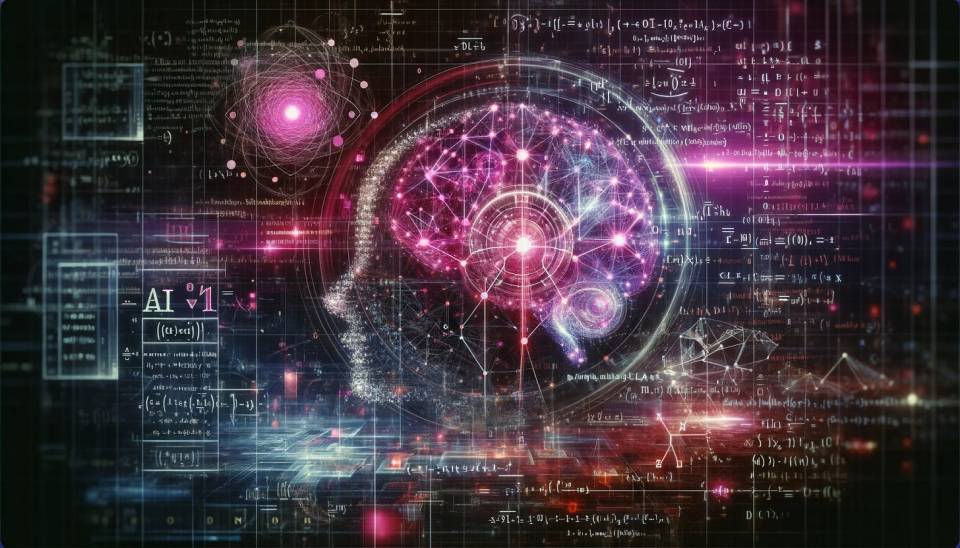
Fast forward to 2023, and we witness an even more revolutionary breakthrough from Google DeepMind: solving the cap set problem with a large language model (LLM) named FunSearch. This famous geometric puzzle involves finding the largest group of points that can be placed in a space without ever having three points in a straight line. It’s a complex problem requiring insight into patterns and relationships within mathematics and had remained unsolved for decades. The fact that an LLM has now solved this problem marks a new pinnacle in the evolution of AI, namely the ability to create authentically new knowledge. While AlphaGo’s ‘divine move’ was praised for its innovative approach in a game with established rules, FunSearch goes a step further by venturing into the uncharted territory of original problem-solving.

 English | EN
English | EN 